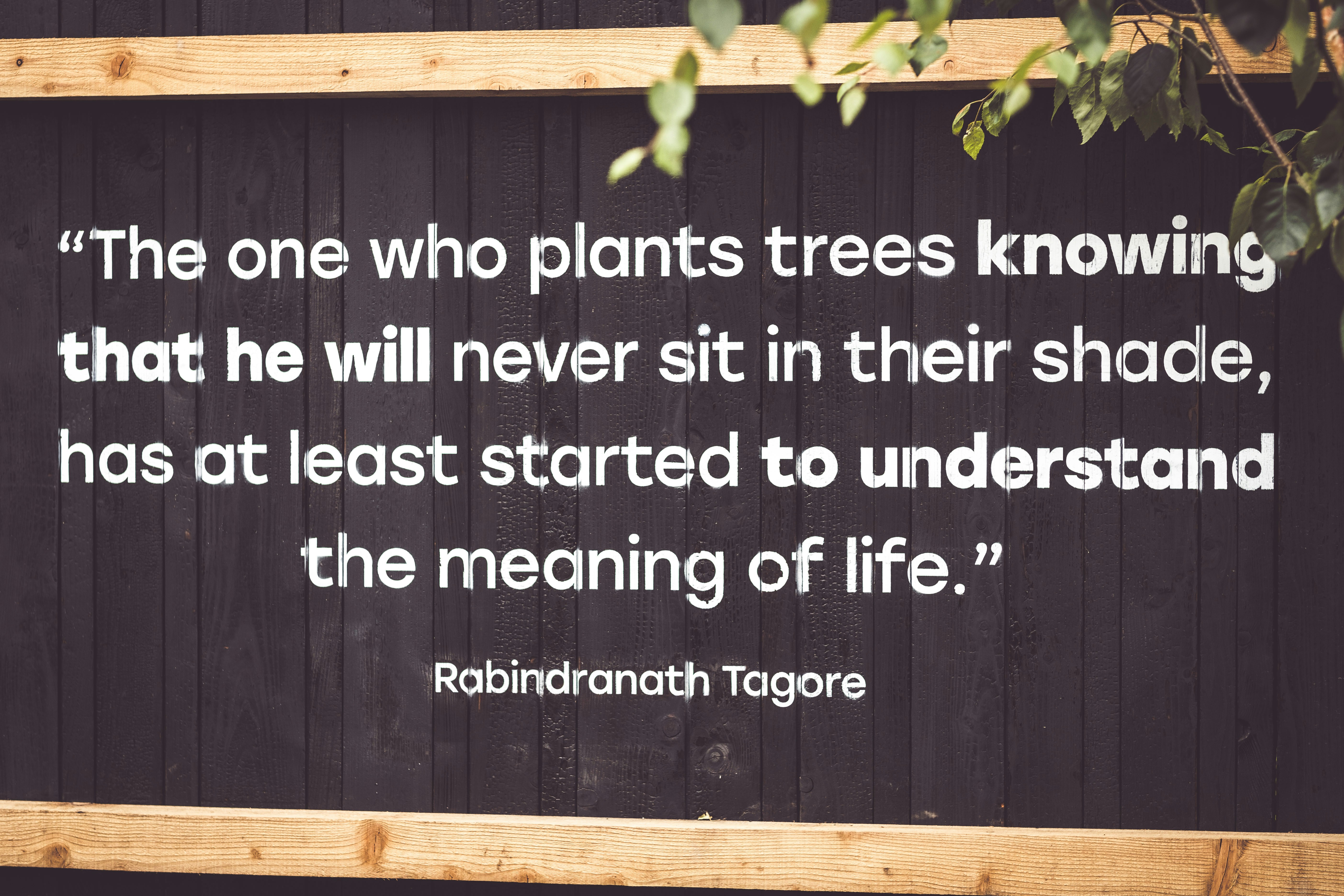The True Nature of Love and Friendship
At the core of love and friendship lie fundamental qualities that transcend mere emotional expressions. This essence is deeply rooted in kindness, respect, and understanding, which serve as the cornerstones of meaningful connections. Love, whether in the form of romantic engagement or friendship, is not simply about the pleasure derived from another’s company. It embodies a commitment to the well-being of others, cultivating an environment where both parties feel valued and supported.
Kindness, in this context, manifests as compassion and genuine concern for another person’s emotions and needs. It prompts individuals to act selflessly, prioritizing the welfare of their friends or partners above superficial desires. This selfless attitude nurtures a space that fosters trust and loyalty. Similarly, respect plays a pivotal role in shaping lasting relationships, as it involves acknowledging the inherent worth and individuality of each person involved. When individuals respect one another, they create an atmosphere that encourages open dialogue and mutual growth.
Understanding, or the ability to empathize with another’s experiences, enhances the bond formed between friends or partners. This key quality allows individuals to navigate challenges together, helping to fortify their connection during difficult times. When empathy is present, both parties feel an inherent sense of belonging and validation, further enriching the experience of love and friendship.
The power of selflessness is evident in the ways that these qualities manifest. When individuals actively seek to understand and serve the needs of their friends or partners, they foster authentic connections built on trust and mutual support. Such relationships surpass fleeting emotions, developing a deeper, more spiritual essence that nurtures growth and resilience.
Selflessness: A Divine Perspective
Selflessness, in its essence, transcends the mere act of giving; it embodies a profound spiritual principle recognized across various religions and philosophical frameworks. It is often perceived as an embodiment of pure love and friendship, reflecting an individual’s willingness to prioritize the needs and well-being of others above their own. At its core, selflessness is a divine act that resonates with higher powers, mirroring the unconditional love that many spiritual traditions attribute to a deity.
In Christianity, for example, the teachings of Jesus Christ emphasize selfless love, commonly referred to as “agape.” This form of love encourages individuals to care for one another without the expectation of reward. It mirrors the nature of divine love, which is freely given and not contingent upon earthly acknowledgment. Similarly, in Buddhism, the practice of “metta,” or loving-kindness, promotes a selfless attitude toward all beings. This benevolence is not just a personal virtue but an avenue to attain spiritual enlightenment and connection with the universal whole.
The concept of selflessness is also prevalent in Hinduism, where it is linked to the principle of “seva,” or selfless service. Performing acts of kindness without any expectation of reciprocation is viewed as an offering to the divine. Such actions foster a deeper intentionality that God recognizes, emphasizing that selfless deeds are not just for public acknowledgment but also serve as a significant aspect of spiritual growth.
Moreover, the philosophies of various thinkers, such as those of the Stoics, advocate for selflessness as a means to cultivate virtue and community harmony. In their view, selfless actions facilitate a greater societal good, demonstrating that true fulfillment stems from serving others and connecting with a higher purpose.
In observing the spiritual dimensions of selflessness, it becomes evident that it’s not merely a beneficial trait for personal relationships but also a formidable vehicle for divine interaction and acknowledgment. Such acts embody a bridge between humanity and the divine, fostering a holistic experience of love and friendship that transcends the temporal realm.
The Impact of Selfless Acts on Relationships
Selflessness in relationships manifests in acts of kindness, generosity, and empathy, creating a tangible impact on interpersonal dynamics. Research has shown that selfless behaviors significantly enhance trust and closeness between individuals. A pivotal study by the University of California highlighted that relationships characterized by selfless acts tend to have higher satisfaction levels, fostering a deeper emotional connection among individuals. When one partner engages in selfless acts, it sets off a positive cycle wherein the recipient is compelled to reciprocate, promoting an atmosphere of support and affection.
Real-life anecdotes further illustrate the profound influence of selfless actions on relationships. For instance, consider a situation where a friend organizes a surprise birthday celebration for another. This selfless act not only enhances the celebrant’s happiness but also strengthens their bond. Such experiences create lasting memories that serve as a foundation for a more resilient relationship over time. The act of giving without the expectation of receiving cultivates an environment where individuals feel valued and recognized, fostering trust and loyalty.
Moreover, selflessness often inspires a ripple effect within communities. One individual’s generous act can motivate others to act similarly, creating a network of support and kindness. Take volunteering as an example: when one person engages in community service, it may inspire a group of friends to join efforts, thereby amplifying the impact of their actions. This interconnectedness highlights how selfless behavior not only benefits personal relationships but also extends to the broader community, enhancing social bonds through shared experiences and common goals.
Ultimately, the impact of selfless acts in relationships is profound, shaping the very essence of love and friendship. By prioritizing the well-being of others, individuals foster an environment filled with trust, support, and deep emotional connections, emphasizing the importance of selflessness in cultivating meaningful relationships.
Nurturing Selfless Relationships in Daily Life
Building and nurturing selfless relationships requires deliberate practice and conscious effort. In our daily lives, individuals can take actionable steps to cultivate an atmosphere of empathy, active listening, and genuine acts of service, all of which serve to strengthen the bonds of love and friendship. One effective strategy is to actively engage in the art of listening. When conversing with others, focus on understanding their feelings and perspectives without the intention of responding or offering solutions immediately. This practice not only fosters deeper connections but also demonstrates a commitment to selflessness by putting aside one’s own needs temporarily.
Furthermore, incorporating regular acts of kindness can significantly enhance the quality of relationships. Simple gestures, such as offering help with daily tasks, providing emotional support, or expressing appreciation, contribute to creating a loving environment. These acts of service, no matter how small, are essential components in the nurturing of selfless relationships. They show that one cares and is willing to invest time and energy into another’s well-being. Practicing gratitude can also strengthen relationships, as individuals can reflect on the positive attributes of those around them and communicate these sentiments openly.
In addition to these practices, mindfulness plays a critical role in recognizing moments to express selflessness. Taking a few moments each day to pause and reflect can help individuals become more aware of their thoughts and actions. By being present, one can identify opportunities to support others, leading to more meaningful interactions. Observing how one’s actions impact others can also enhance the sense of interconnectedness essential for selfless love and friendship. By prioritizing these elements in daily interactions, one can nurture relationships that not only enrich one’s own life but also create a positive ripple effect in the lives of others.

